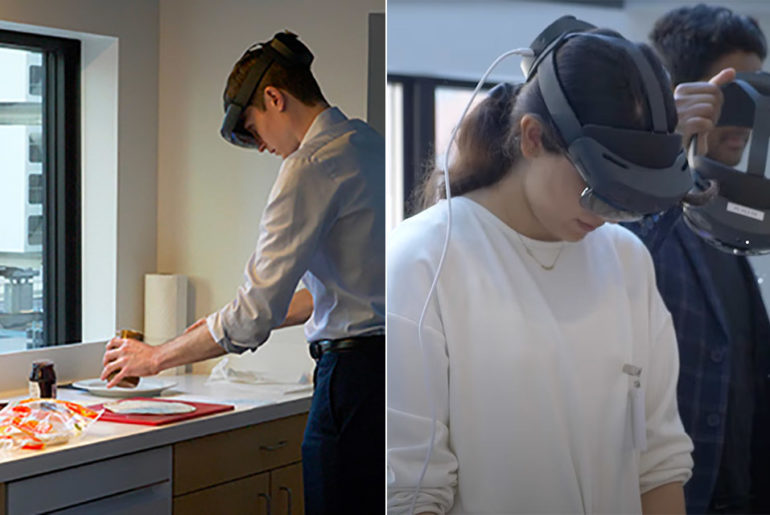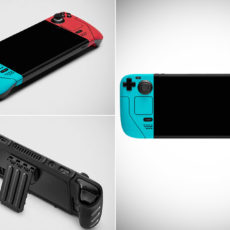
DARPA’s Liberty Lifter is designed for transporting large payloads at sea, while their Perceptually-Enabled Task Guidance (PTG) program takes AI assistants to the next level, thanks to AR headsets. Simply put, this program aspires to develop virtual task guidance assistants capable of working with different sensor platforms to help military personnel perform complex physical tasks and expand their skill-sets.
Unlike Siri, Alexa or Google Assistant, PTG technology is designed to see what the user sees and hears what they hear by combining a microphone, head-mounted camera, and augmented reality (AR) headsets, to deliver accurate instructions. It has proven to be a success for cooking recipes, but the ultimate goal is to eventually use PTG for battlefield medical procedures or even co-piloting an aircraft.
- Next-level Hardware - Make every move count with a blazing-fast processor and our highest-resolution display
- All-In-One Gaming - With backward compatibility, you can explore new titles and old favorites in the expansive Quest content library
- Immersive Entertainment - Get the best seat in the house to live concerts, groundbreaking films, exclusive events and more
Today the commercial sector is pursuing new, useful ways to present data to the user but it doesn’t go far enough. The gamechanger with PTG would be having perceptually-driven AI interfaces that can make sense of the real world, react to whatever the user is doing and provide advice. I’m really impressed at how quickly performing teams are making progress toward the goals,” said Dr. Bruce Draper, DARPA program manager.






